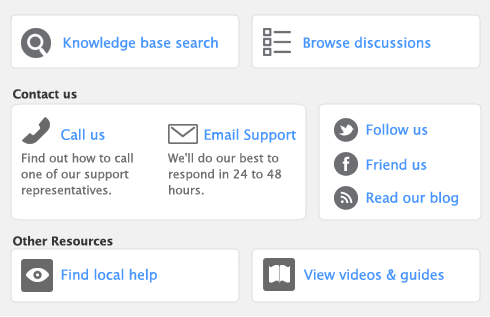When you prepare a budget, you are predicting the financial state of your business. For example, you could prepare a budget that predicts how much you intend to spend and earn over the next fiscal year. Having a budget means that, as the year progresses, you can track projected data against actual data and take corrective action if things are not going according to plan.
You can also use budgets to plan for future goals. For example, you may want to undertake a new business venture in the coming year. By creating a budget, you can work out the amount of money you will need for the venture, where this money will come from, and the impact that the venture will have on other aspects of your business.
In your software, you can enter budgets for individual detailed accounts. The accounts that require a budget will vary according to your business. Most people prepare budgets for Profit and Loss accounts such as Income, Cost of Sales and Expenses accounts, and Balance Sheet accounts for specific assets and liabilities. To decide on the accounts that will require a budget, consider what changes you anticipate in your business and the financial impacts these changes will have. For example, you may expect to hire new employees (which will affect, among others, your Wages & Salaries accounts) or, you may be considering taking a new loan (which will affect your Bank Loans account).
AccountEdge software lets you create a budget for the current fiscal year and the next fiscal year.
You can review your budgets periodically to track your financial progress and see if it is going to plan. A slight variation from the budget is normal. Large variations, on the other hand, may need investigation. For example, if you have a large increase in accounts receivable, it may indicate that your customers are taking a longer time than expected to pay your account.
You can compare your budgeted amount with actual account balances by viewing the Budget Analysis reports for Balance Sheet and Profit and Loss accounts.


